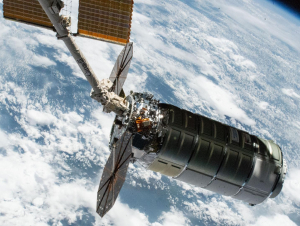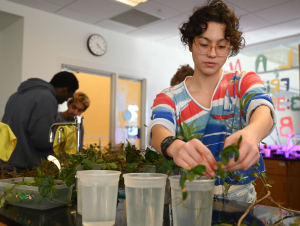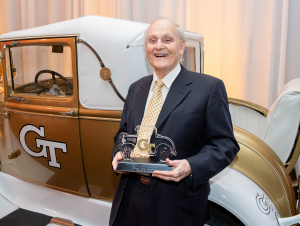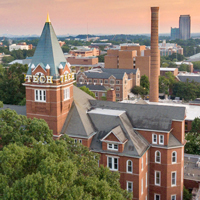Latest News
Raman is being honored for advancing chip‑scale quantum sensing technologies, while Azoulay is recognized for pioneering functional materials that enable new capabilities across science and technology.
The professors have been recognized for patenting and commercializing technologies with real-world impact.
These six faculty- and student-led startups will tackle space innovations with terrestrial applications.
Georgia Tech has appointed David Sherrill as executive director of the Institute for Data Engineering and Science (IDEaS), effective March 1. Sherrill is a Regents' Professor in the School of Chemistry and Biochemistry with a joint appointment in the School of Computational Science & Engineering. Sherrill has served as associate director for IDEaS since its founding in 2016 and as interim director since January 1, 2025.
The Plant Library enables the campus community to learn environmental concepts, unwind, and help new plants take root.
Templeton has dedicated six decades to Georgia Tech — as a student, administrator, and volunteer — demonstrating an enduring commitment to his beloved alma mater.
- 1 of 259
- older ›











